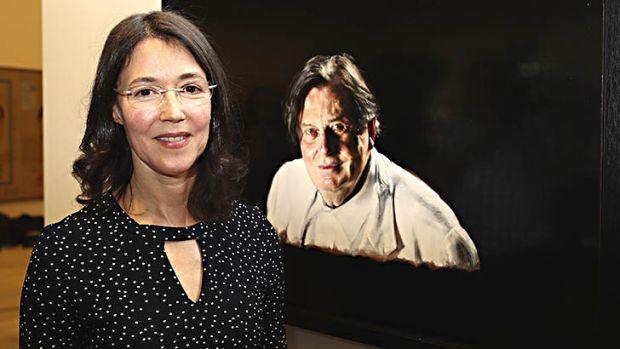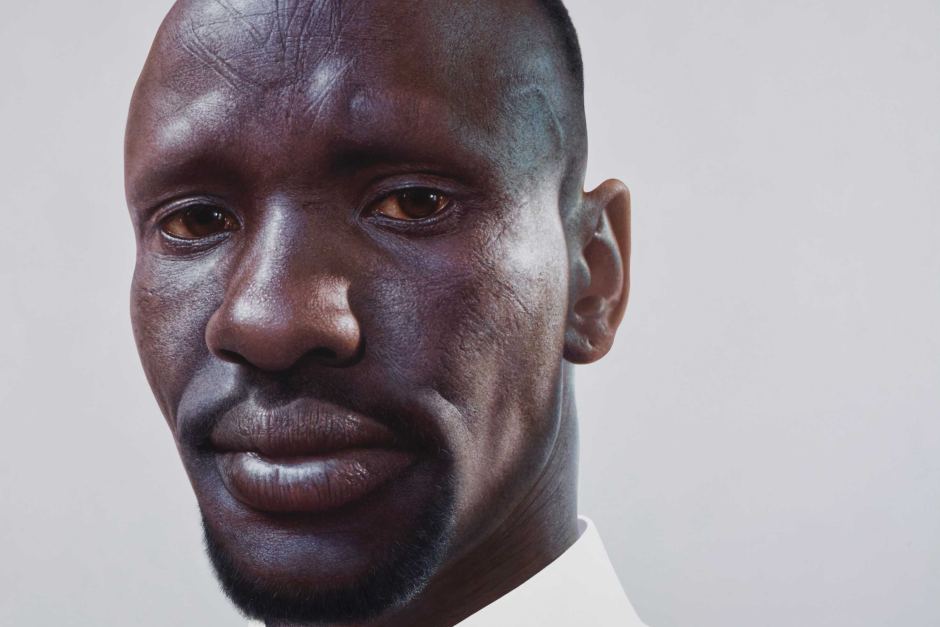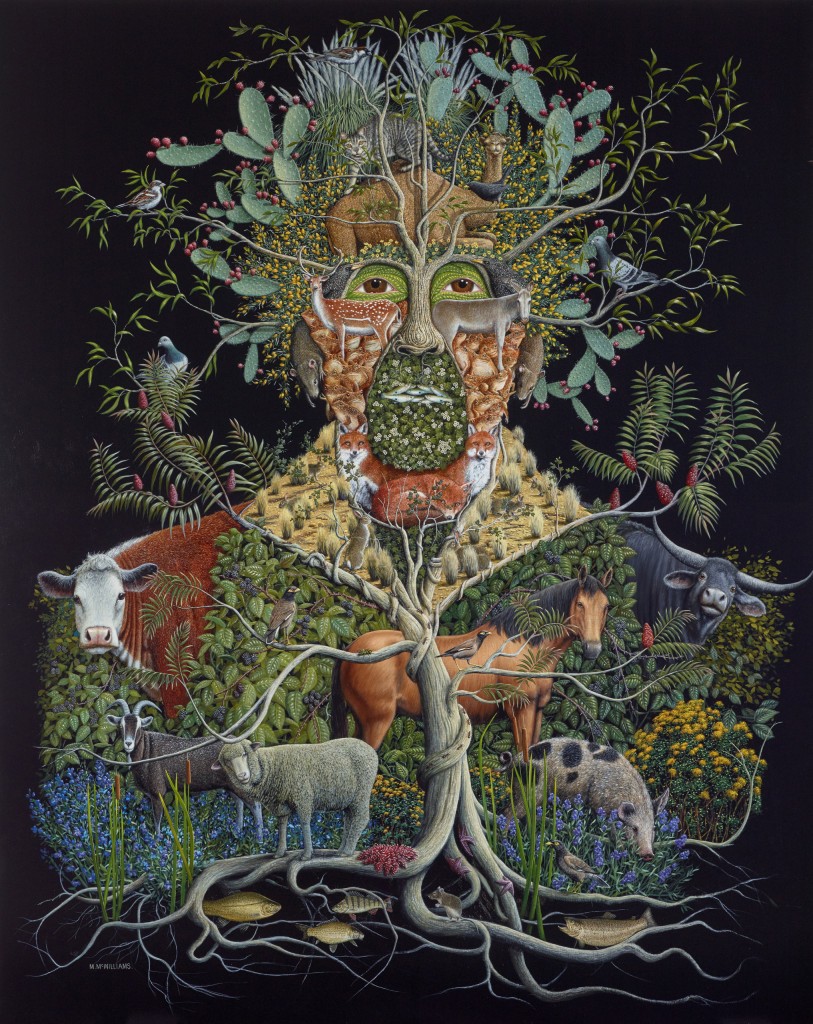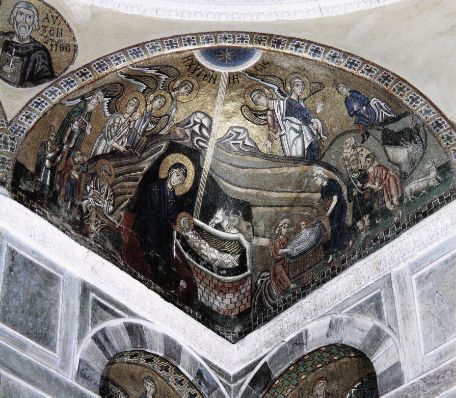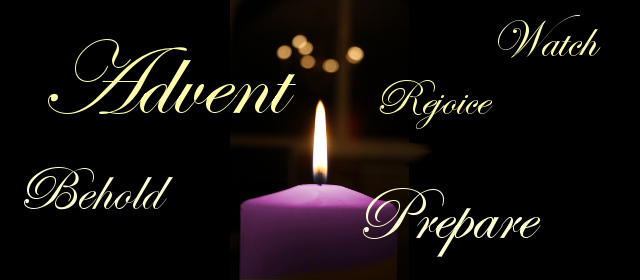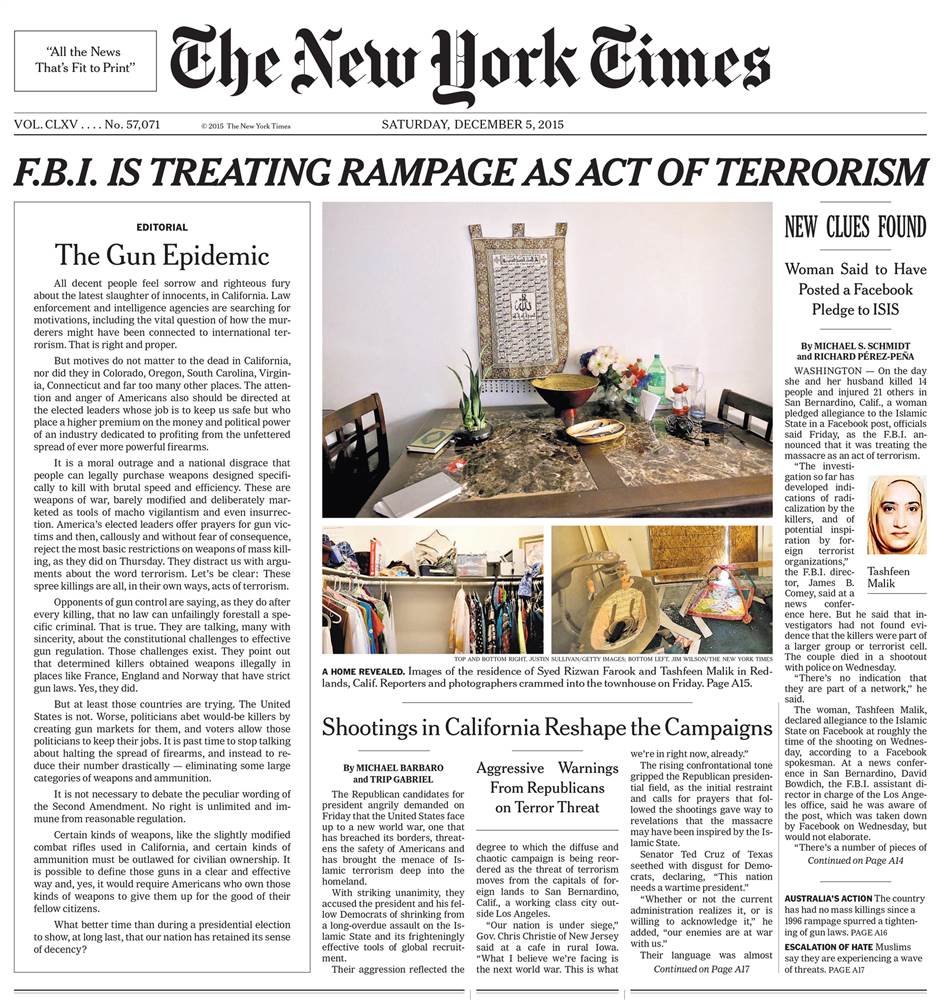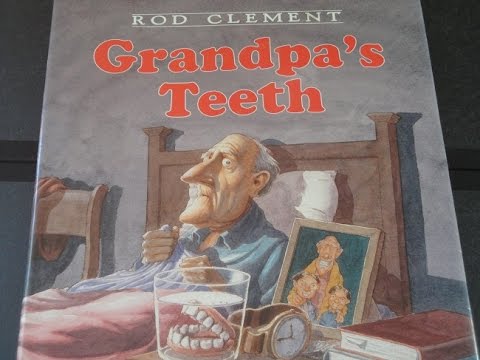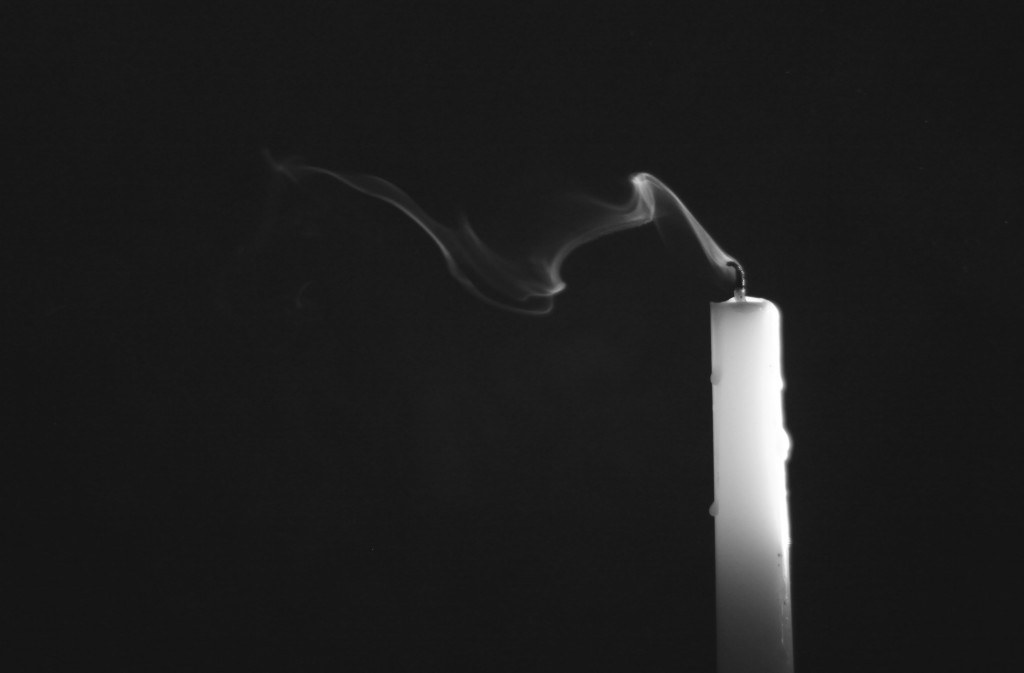 A couple of weeks ago I was browsing blogs and read Rachel Held Evans’ post “On ‘Outgrowing’ American Christianity.” Evans is speaking of a particular kind of evangelical Christianity, and notes especially, the situatedness of all theological reflection. One of her correspondents, however, goes further, and speaks of outgrowing Christianity, and not simply a particular expression of it:
A couple of weeks ago I was browsing blogs and read Rachel Held Evans’ post “On ‘Outgrowing’ American Christianity.” Evans is speaking of a particular kind of evangelical Christianity, and notes especially, the situatedness of all theological reflection. One of her correspondents, however, goes further, and speaks of outgrowing Christianity, and not simply a particular expression of it:
Leaving the evangelical church for a more liturgical church (Anglican and Episcopal) was my first step towards atheism. What began as an earnest soul-searching attempt to deepen my faith, thanks in part to the gay marriage debate, led our devout Christian family towards the search for another denomination. In researching the various denominational stances on gay marriage and other issues, we ended up towards the Episcopal end of the spectrum. Eventually, after months and then years of searching for the right church for our family, we gave up on organized religion. Our search exposed the same ugliness and patterns in every denomination we explored. Letting go of organized religion was shocking and absolutely the last thing I ever expected would happen to us. But I’ve never felt so FREE – so in love with humanity for the sake of humanity, itself. A Christian can ABSOLUTELY “just stop being religious.” I did. My husband did. Our family did. As I grappled with why my soul felt so liberated, and continued to study and search and read, I had no choice but to become an agnostic, and ultimately an atheist. I see the world through a much clearer lens now. Ironically, letting go of religion, and eventually any concept of God, has given my heart the capacity to love others like never before.
In a follow-up comment answering a question from a second correspondent, the woman continues:
I will tell you that my experience, including the order of events towards agnosticism and ultimately atheism, is a very common one among those who de-convert from Christianity. The actual desire to deepen one’s faith/study apologetics/sharpen one’s ability to defend one’s beliefs intelligently has led quite a few down the path I’ve taken. I have read many, many stories of Christians who were searching and ended up on the exact same path: at first bandaging the issues with a new denomination…which eventually revealed the man-made ugliness and restrictions of all denominations…which led to questioning organized religion…which led to abandoning organized religion…which led to embracing agnosticism…which ultimately led to atheism. I’m grossly oversimplifying this, of course. It was an agonizing journey, full of late nights and sleepless weeks. It started three to four years ago for me, but really ramped up over the summer and early fall. I lost my faith ultimately in a matter of months. It is one of the most difficult, if not THE most difficult, times in my life.
The woman who styles herself, “Lost My Southern Graces,” is a closet atheist. She has not yet told her extended family or friends of her de-conversion: she is sure they will not understand, and that she will certainly lose her friends. She jokes that her community will “eat me alive.”
Why do some people walk away from the church? More deeply, why do some people walk away from faith itself? Although every person’s story will be uniquely theirs, I also imagine that there are some common threads which unite many of these stories. I certainly recognise aspects of my own story in hers, although ultimately, I ended up with faith renewed rather than faith lost.
In a recent sermon I identified five reasons for doubt including lack of opportunity, disillusionment with the church, moral, experiential and intellectual factors. It seems the second and fifth factors have played a role in “Lost My Southern Graces’” loss of faith. I resonate with her desire for a more aesthetic worship experience; evangelical worship is sometimes akin to a dry cracker biscuit at dinner time. But aesthetics alone are unlikely to sustain a rich and mature faith. The root of my own quite profound experience of doubt had its genesis in an intellectual approach to Scripture and faith. After being raised in a Roman Catholic family, I found my own faith in a quite fundamentalist Pentecostal sect which emphasised the truthfulness of the bible but in a very naive and idiosyncratic way. After about fifteen years with that group I began broadening my theological horizons, eventually taking a degree in theology during which I was introduced to critical study of the scriptures. “Lost My Southern Graces” is right: many a Christian’s faith has floundered on these shoals.
My boat almost capsized. For about two years I thrashed about this way and that, now so very uncertain of the sureties I had previously held. I no longer knew whether or not I could trust the Bible, believe in God, Jesus, heaven, or anything else. In hindsight, my faith was real enough. What was utterly insufficient for the impact of formal theological studies was the intellectual framework that surrounded and supported it. When that intellectual framework began to collapse, it felt as though my faith would also fail. But for the grace of God, it may have. It is possible to tear down and substitute a Christian intellectual framework with a more rationalist or secular worldview, and in so doing depart from the faith one once held. My problem was even more basic: my Christian intellectual framework was under-developed. I liken it to a primary-school understanding of Christian faith trying to withstand the assault of tertiary-level critical studies. In cases like this, something has to give and often, it is the faith that gives. This is part of the reason (not the only reason of course) why so many young Christians flounder when they enter university studies.
What helped me tremendously was undertaking a directed study programme toward the end of my undergraduate degree on Scripture, Revelation and Authority during which I had to research and write two major papers. The first was an analysis and assessment of various Evangelical approaches to biblical authority, and the second an analysis and assessment of Karl Barth’s doctrines of revelation and scripture. The first paper helped me discover that one can hold a high view of scripture in a number of different ways, and that some models, indeed, are much better than others. But it was Karl Barth who really helped me. Although I do not go all the way with Barth, it was his trinitarian and christological approach to revelation and scripture that gave me the intellectual framework I needed for a more adequate doctrine of scripture capable of intelligent engagement with the world of critical study and of sustaining a devotional practice whereby the bible functions in a sacramental way in my life, a vehicle for the presence, wisdom, and encounter with God.
That was almost twenty years ago. I still face doubts from time to time but do so now from a position of greater understanding. My faith has been deepened and enriched. I am quite aware of the contingent nature of faith now, and hopefully I no longer exhibit the triumphalist and somewhat arrogant note that once I think I did.
“My” faith? Yes. My faith is genuinely mine in the sense that it is my response to, and decision in the light of, God’s initiating movement of grace toward me. But in a deeper and much more wonderful sense, it is not mine at all. More than anything else I have come to realise that it is not me that holds onto him, but he who holds onto me.
I have found that God is greater, even than our unbelief. “Lost My Southern Graces” has outgrown the church, outgrown Christianity, outgrown even, she says, the concept of God. My hope though, is that she can never outgrow God himself.
As for me, I found I could not outgrow Christianity, but my understanding of Christian faith had been outgrown and needed to grow up. When it did grow up, I found a large and roomy house, and even some of those rooms which still hold difficult questions find a place in this lovely and light-filled house.
My sheep hear my voice, and I know them, and they follow me; and I give eternal life to them, and they will never perish; and no one will snatch them out of my hand. My Father, who has given them to me, is greater than all; and no one is able to snatch them out of the Father’s hand. (John 10:27-29)
 Darren Sumner has been writing on the Eternal Functional Submission controversy in Evangelical Theology. His careful work is worth reading.
Darren Sumner has been writing on the Eternal Functional Submission controversy in Evangelical Theology. His careful work is worth reading.
